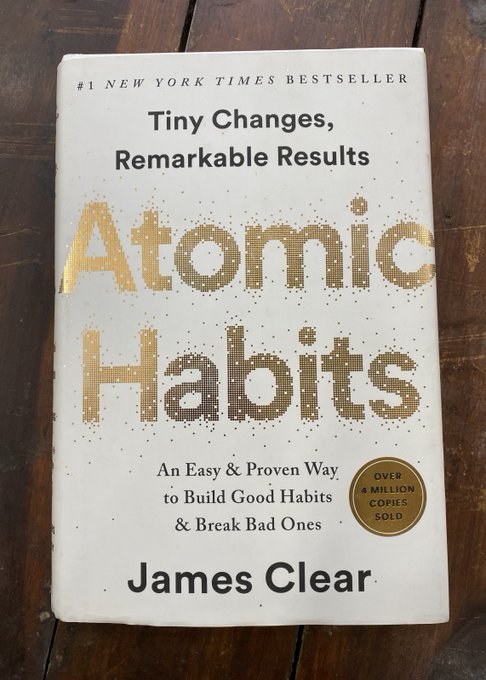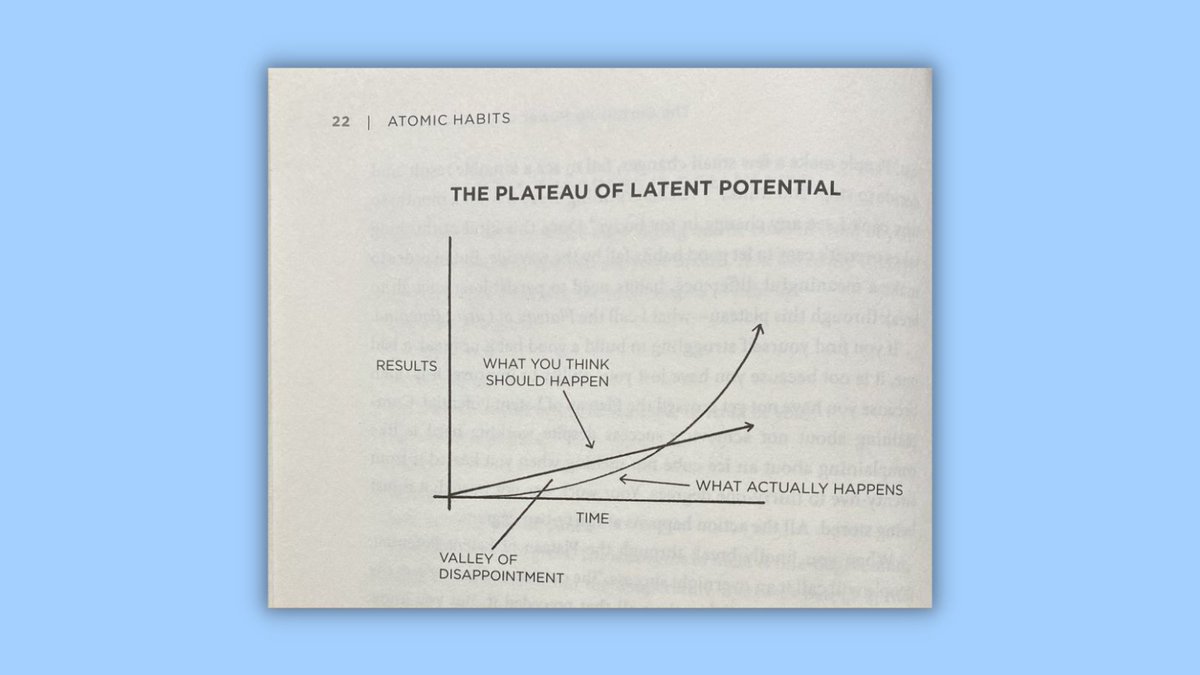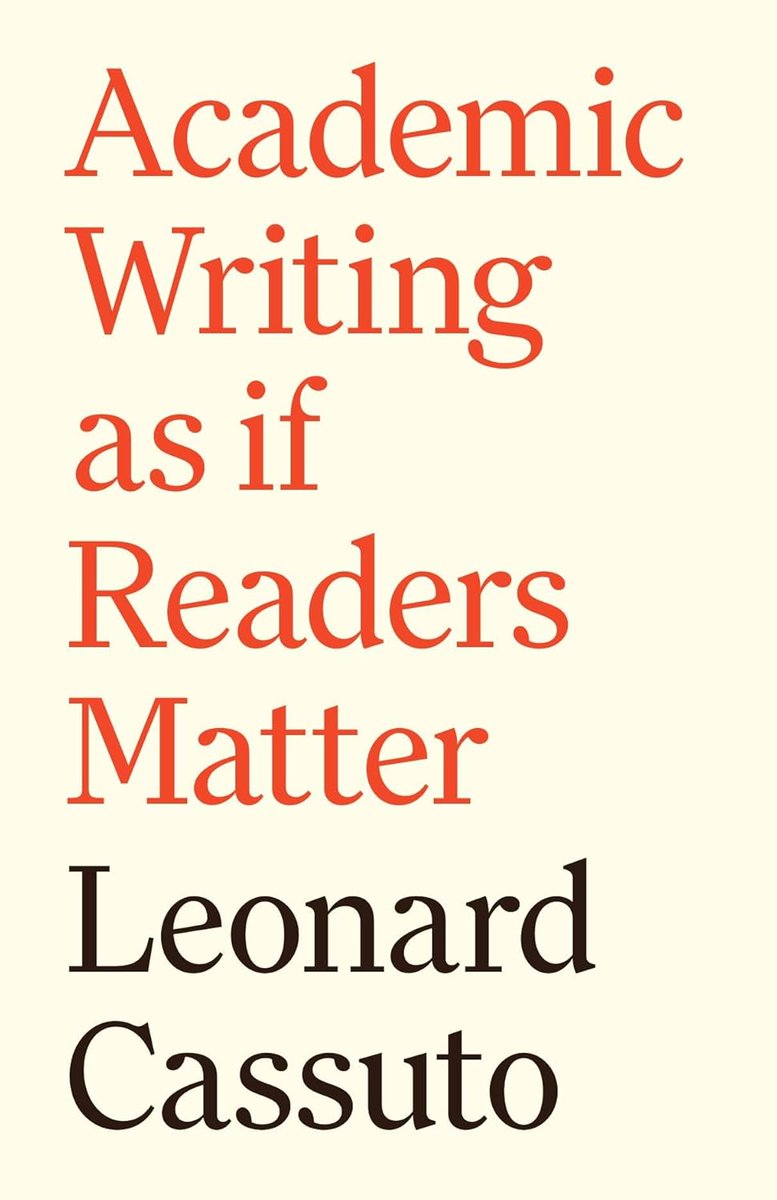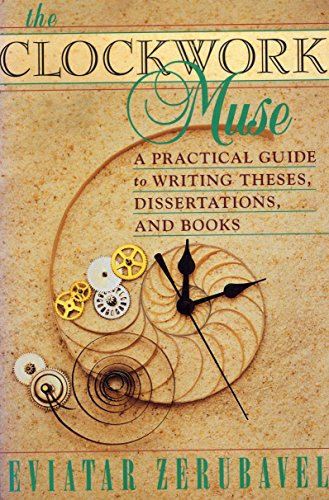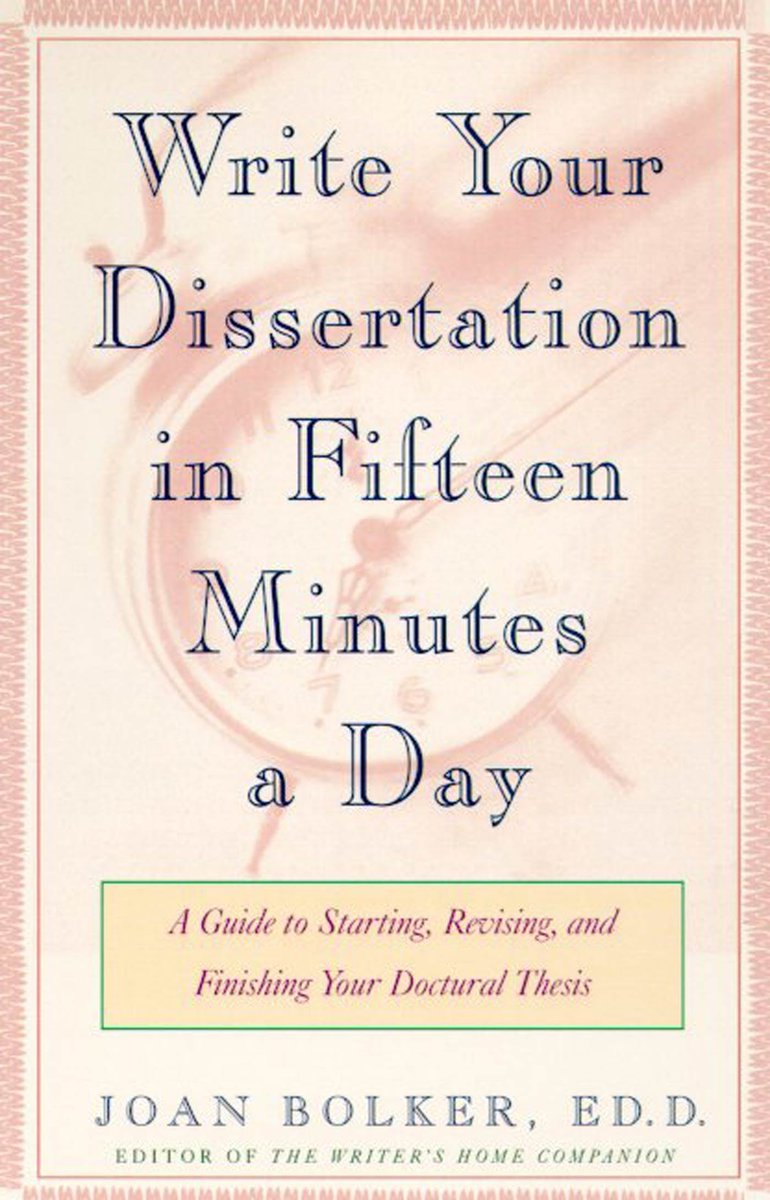AI can now solve PhD-level problems.
Can AI write a good abstract for a research paper?
Here's a comparison of ChatGPT, Claude, Gemini, Deep Seek, and Grok:
Can AI write a good abstract for a research paper?
Here's a comparison of ChatGPT, Claude, Gemini, Deep Seek, and Grok:
1. ChatGPT o1
I uploaded a draft of my paper and asked ChatGPT o1 to write a precisely worded abstract of 150 words foregrounding my argument.
This is a useful abstract but not very precise. It stays within the word limit though.
I uploaded a draft of my paper and asked ChatGPT o1 to write a precisely worded abstract of 150 words foregrounding my argument.
This is a useful abstract but not very precise. It stays within the word limit though.
It understands the argument quite well but renders in a language that is a bit too far from my style.
During reasoning, it brought up something in Chinese too. I mention in the paper a couple times but there is no Chinese text in the paper.
During reasoning, it brought up something in Chinese too. I mention in the paper a couple times but there is no Chinese text in the paper.
2. Gemini 1.5 Pro
Disappointing. It summarizes the main points of the paper but a abstract is not a summary.
It doesn't foreground the argument and doesn't stay within the word limit.
Disappointing. It summarizes the main points of the paper but a abstract is not a summary.
It doesn't foreground the argument and doesn't stay within the word limit.
3. Claude 3.7
Very impressive. Stays within word limit. Understands the argument very well and foregrounds it.
This made me think of my paper in a new light.
Very impressive. Stays within word limit. Understands the argument very well and foregrounds it.
This made me think of my paper in a new light.
4. Deep Seek
This is more of a summary of the paper. It understands the argument but doesn't foreground it.
Also, it goes a little over the word limit.
This is more of a summary of the paper. It understands the argument but doesn't foreground it.
Also, it goes a little over the word limit.
5. Grok 3
Understands the argument and starts the abstract quite nicely.
Adds a couple of details that aren't useful, but overall it's helpful. Also, it stays within the word limit.
Understands the argument and starts the abstract quite nicely.
Adds a couple of details that aren't useful, but overall it's helpful. Also, it stays within the word limit.
When it comes to academci texts, Claude seems to perform relatively better than every other model.
I'd suggest using any app you find helpful. Don't copy and paste what AI generates. Use it as your thinking/critique partner and write your own content.
I'd suggest using any app you find helpful. Don't copy and paste what AI generates. Use it as your thinking/critique partner and write your own content.
Found this thread helpful?
1. Scroll to the top and repost the first post to share it with your friends.
2. Follow me for more threads on how to use AI apps for academic purposes.
1. Scroll to the top and repost the first post to share it with your friends.
2. Follow me for more threads on how to use AI apps for academic purposes.
• • •
Missing some Tweet in this thread? You can try to
force a refresh


